
OR

A family living in rural Nepal set out to cut grass to feed their cattle in the morning. As they are working and singing about the hardships in their lives, the father comes up with one complaint or the other, berates the ones around him and storms off. The son, taking after his father’s loudness, leaves next. It’s the two women who remain behind – the daughter-in-law of the family and the mother. The mother silently complains, “In the end, it’s us who have to do all the work – Be it bringing water from the nearby tap, cooking meals, feeding the cattle, doing the dishes, no one ever asks if we are tired or not.”
The scene is a part of the new play ‘Kalpana ra Urmila Dukha Ma Chan’ (Kalpana and Urmila Are In Pain) showcased by the team of Shilpee Theater. However, unlike regular plays, this play has a slightly different concept. Plays like this are termed ‘Forum Theater’ which falls under a broader theater term ‘Theater of the Oppressed’.
First created by theater practitioner Augusto Boal, forum theater allows spectators to directly engage and influence the performance as both spectators and actors, termed ‘spect-actors’. They are given the power to stop and change the performance even as the play goes on. Relating to its special nature, this form of theater often involves social issues and its main aim is to explore solutions to oppression featured in the performance.
In the Nepali language, plays like these are called ‘Kachari’. According to the Shilpee theater’s website, they have done over 60 such plays all over Nepal. The team left for Surkhet on October 15 to conduct a forum theater for people of that region and will be performing at various places until November 10. Before leaving, they showcased the play at their own ‘Gothale’ theater on October 3.
The play covered major social problems that plague the Nepali society like patriarchy, child marriage and even talked about problems that arise from foreign employment. The story mainly focuses on two characters: Kalpana and Urmila. Kalpana is the daughter-in-law of the family whose husband is working abroad. She is overworked, childless and lonely. On top of that, her husband doubts her loyalty and takes to abusing her verbally on every phone call. Her father-in-law is even more aggressive, accusing her of being lazy (even though he refuses to lift even a straw). Her mother-in-law is tongue-tied in front of her husband, thanks to years of rebukes and verbal abuse.
Similarly, Urmila is the daughter of the family. Unlike her brother who can leave early for school, she has to stay back and finish chores before she can rush to school. She feels trapped and unloved in her house and is hoping for an escape. This is when a boy – just as clueless as her – promises to love her and treat her well. She becomes smitten and elopes with him. However, the boy’s household is no different from her own. Urmila is once again trapped in the vicious circle of early-pregnancy, overwork, and abuse.
After showing the audience the general overview of the story, the play stops at Kalpana being confronted and accused of infidelity by her in-laws. Director Ghimire Yubaraj acted as the ‘Joker’, a facilitator for the forum theater session, whose job is to ask the audience to evaluate what has just taken place. Several views popped up at this point with someone going as far as saying that Kalpana might commit suicide. However, most of us felt that this was most definitely not a solution to the problem.
“She should let her in-laws check her phone to see that she hasn’t called anybody but her husband,” said one spectator. “She should seek help from the police or someone learned and try to convince her husband and her in-laws,” said another. Ghimire also invited some members of the audience to come in and act as Kaplana and act out what they would do in the situation. It was obvious that everyone in the audience had a different opinion on the matter and the one I could personally favored was when one spectator recommended Kalpana to ask for help from someone educated and work to become financially independent to get away from the abusive environment.
Similarly, the play once again paused at Urmila eloping with her boyfriend, who brings her home. But they are stopped by his mother. “We don’t have enough to feed the four of us, how can we add one more mouth in this household?” she says. The father, however, happy that Urmila will do his share of the work is more than willing to let Urmila be a part of the family.
Ghimire once again asked us, “What can be done in this situation?” Once again, the audience recommends that someone outside the family who is a little learned should tell Urmila about the hardships of child marriage. Many felt it was best to drop Urmila back home so that she could continue her studies and grow into an adult before leaping into something as big as marriage.
It’s important to notice that the play didn’t offer a magical solution to any of the problems. It didn’t even bother to show any false promises or a forced happy ending. With every intervention, Ghimire asked us to analyze the depths as well as the practicality of the solution. Thus, the main objective of forum theater is not to abruptly end with a conclusion but to make us think and to remind us to apply the advice and interventions we recommended in real life.
Overall, I was impressed by how the team at Shilpee Theater was so beautifully able to capture the social issues of our society (some scenes felt all too real) and help us truly understand the different pains that many people go through. I hope the play will make a bigger impact at the villages that it will be showcased in and I hope with the help of the forum theater, people, especially rural women, will find a platform to voice their opinions.
You May Like This
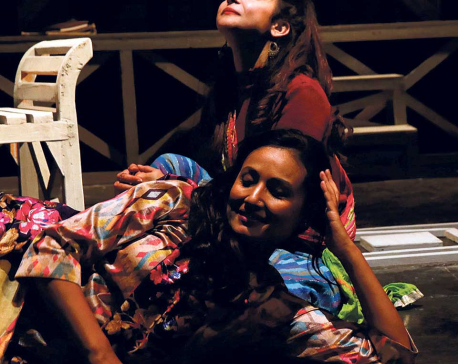
‘Shakuntalako Aunthi’ on Stage
Directed by debutant Suraj Malla, ‘Shakuntalako Aunthi’ is being onstage at Shilpee Theater, Battisputali from last Friday. ... Read More...

Ronaldo vs. Bale: Portugal plays Wales in Euro 2016 semis
LYON, July 4: When Portugal and Wales face off for a spot in the final of the European Championship, two players... Read More...

Iceland advances at Euro 2016, next plays England
SAINT-DENIS, France, June 22: A late winning goal. A spot in the knockout stage. The prospect of playing in the... Read More...



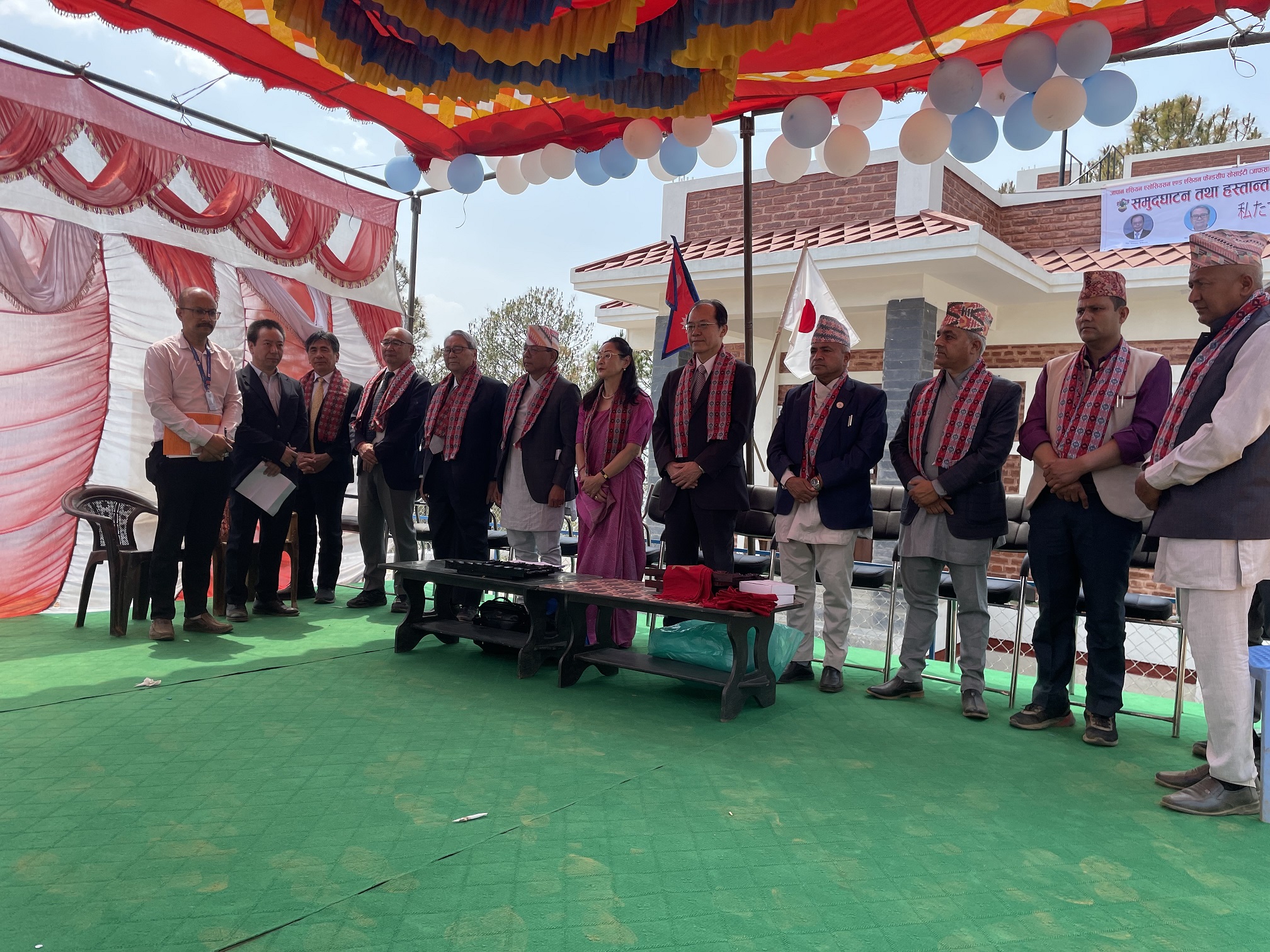
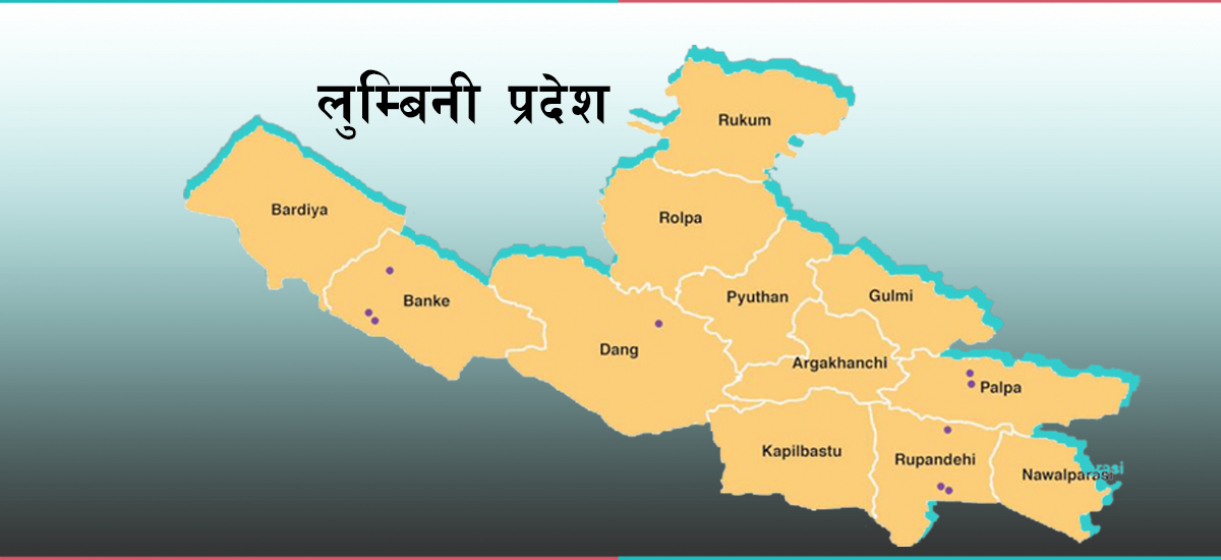
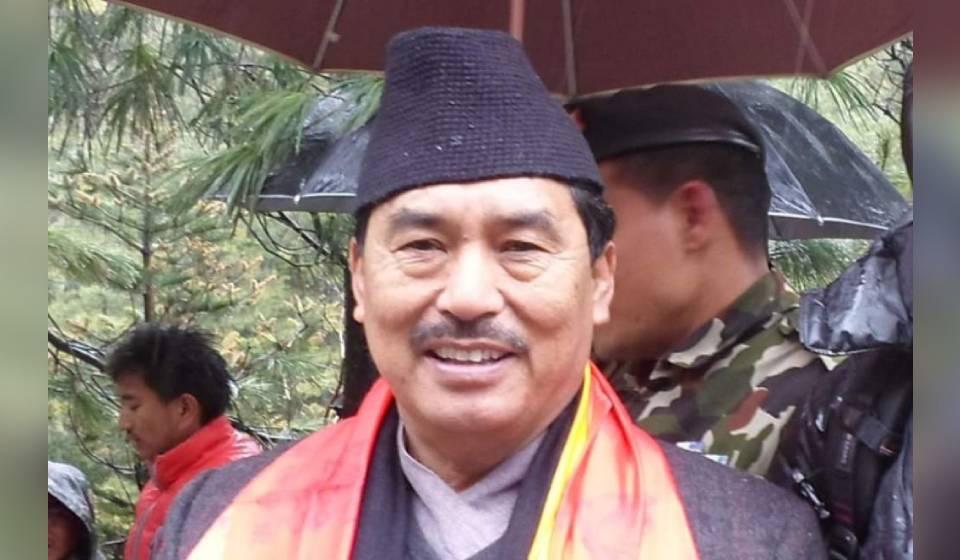


Just In
- Japan hands over Community Center for Disaster Prevention to Indrawati Rural Municipality
- Lumbini: Seven ministers gain portfolios
- NC lawmaker Gurung’s suspension lifted
- Homicide accused arrested after 17 years
- Karnali: Maoist Center’s Pariyar appointed as minister without portfolio
- Illam by-election: Nepal-India border to be 'sealed' from midnight today
- Gold price rises by Rs 500 per tola
- Emir of Qatar returns home after wrapping up state visit to Nepal



_20240423174443.jpg)




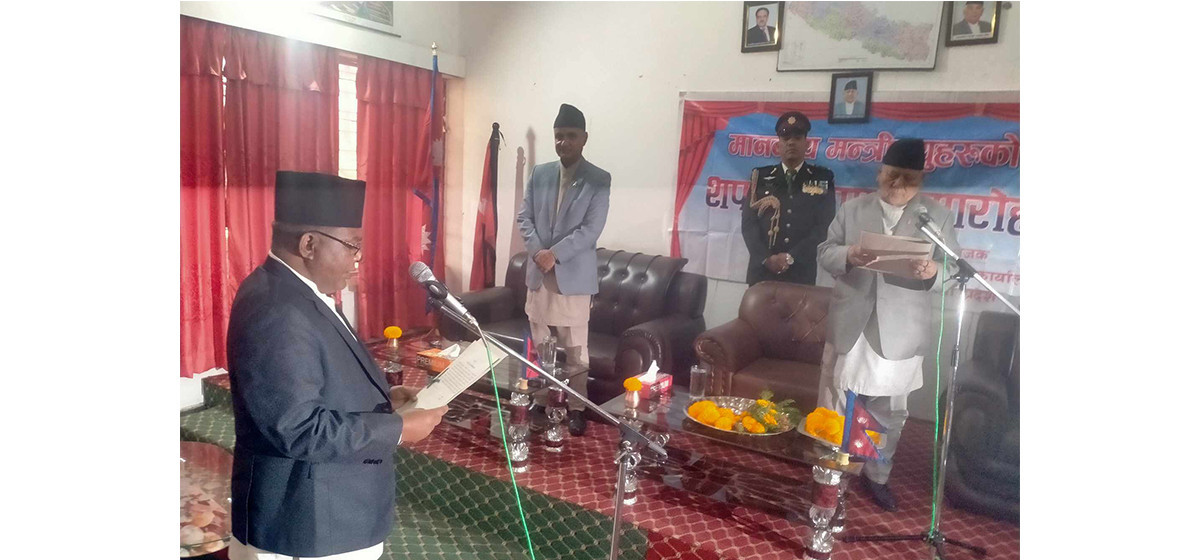

Leave A Comment